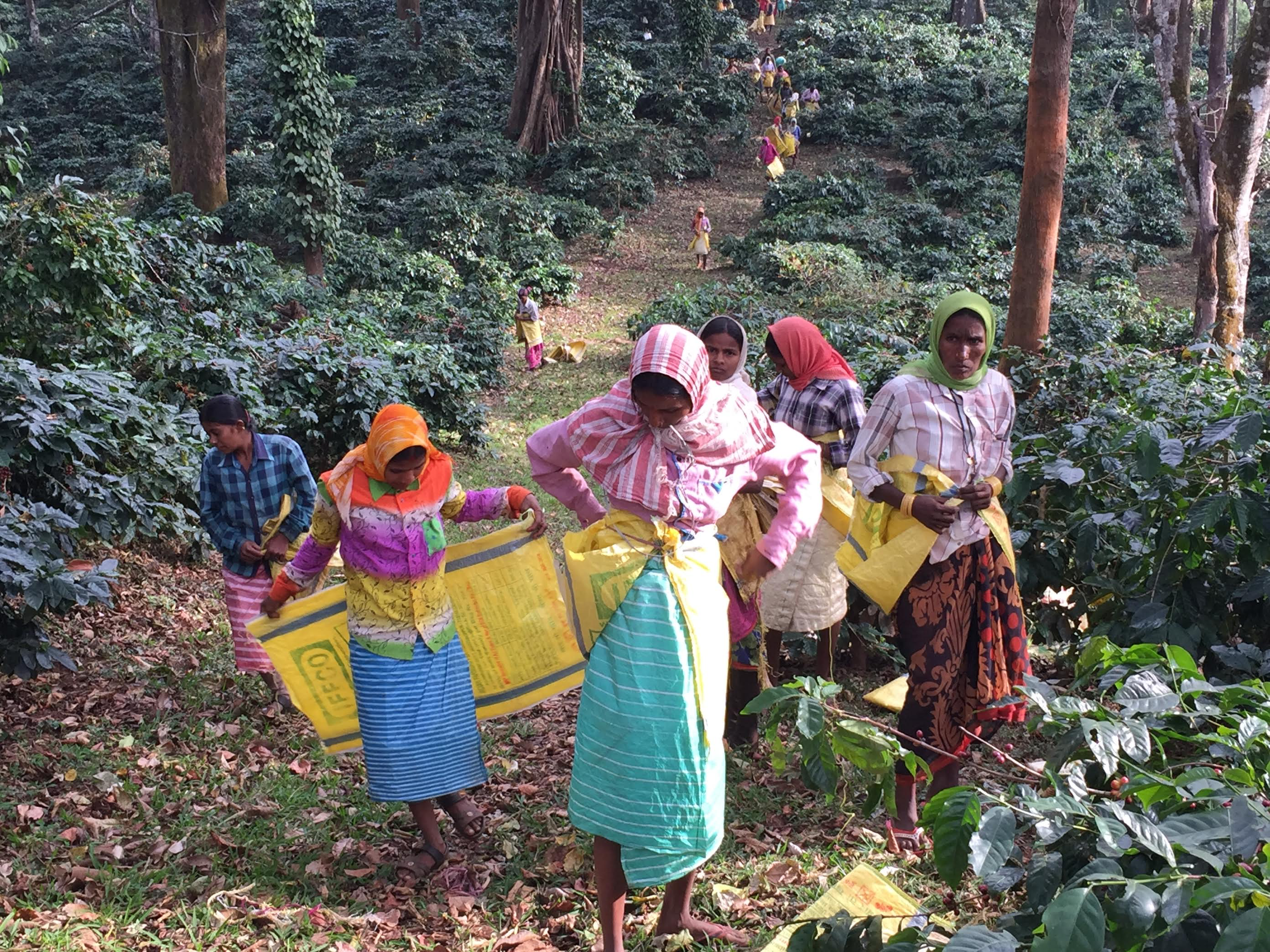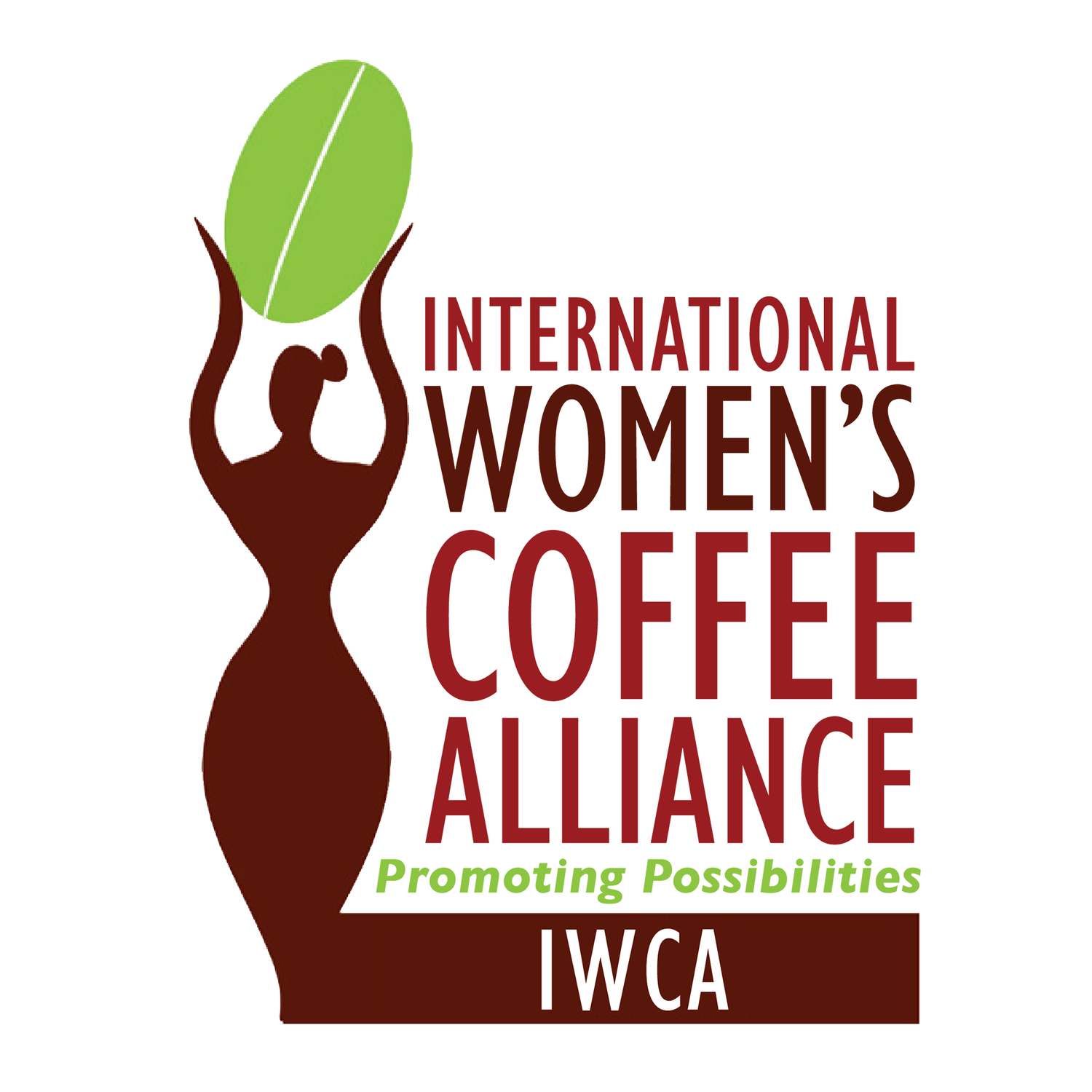IWCA News & Updates
IWCA News & Updates
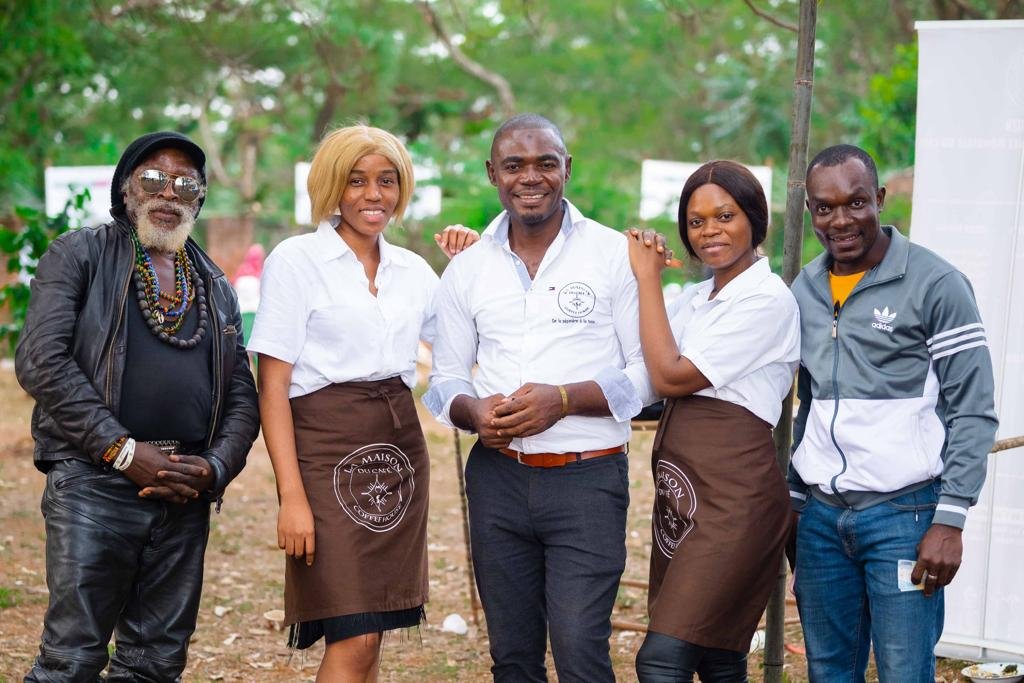
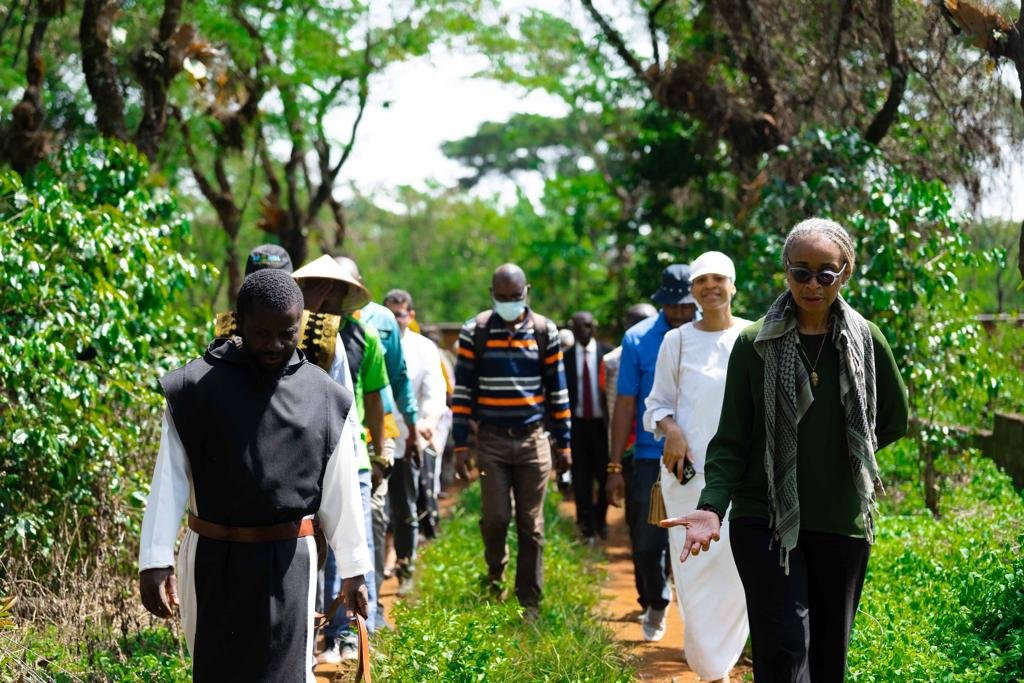
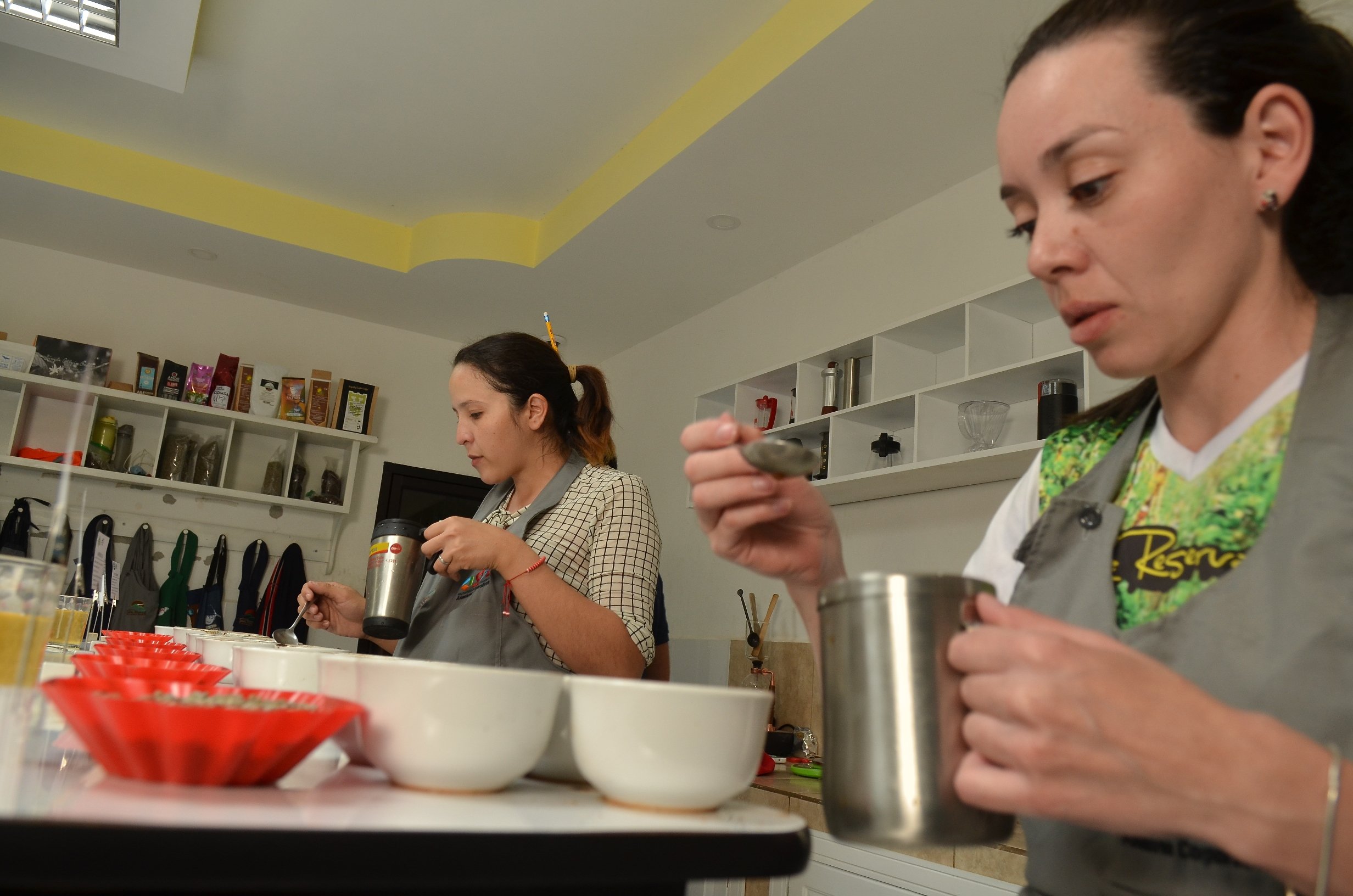
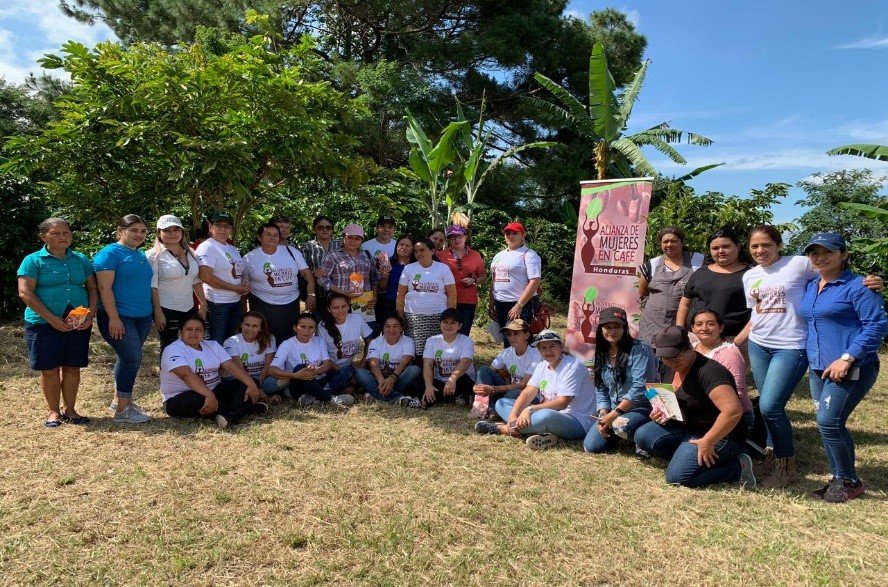
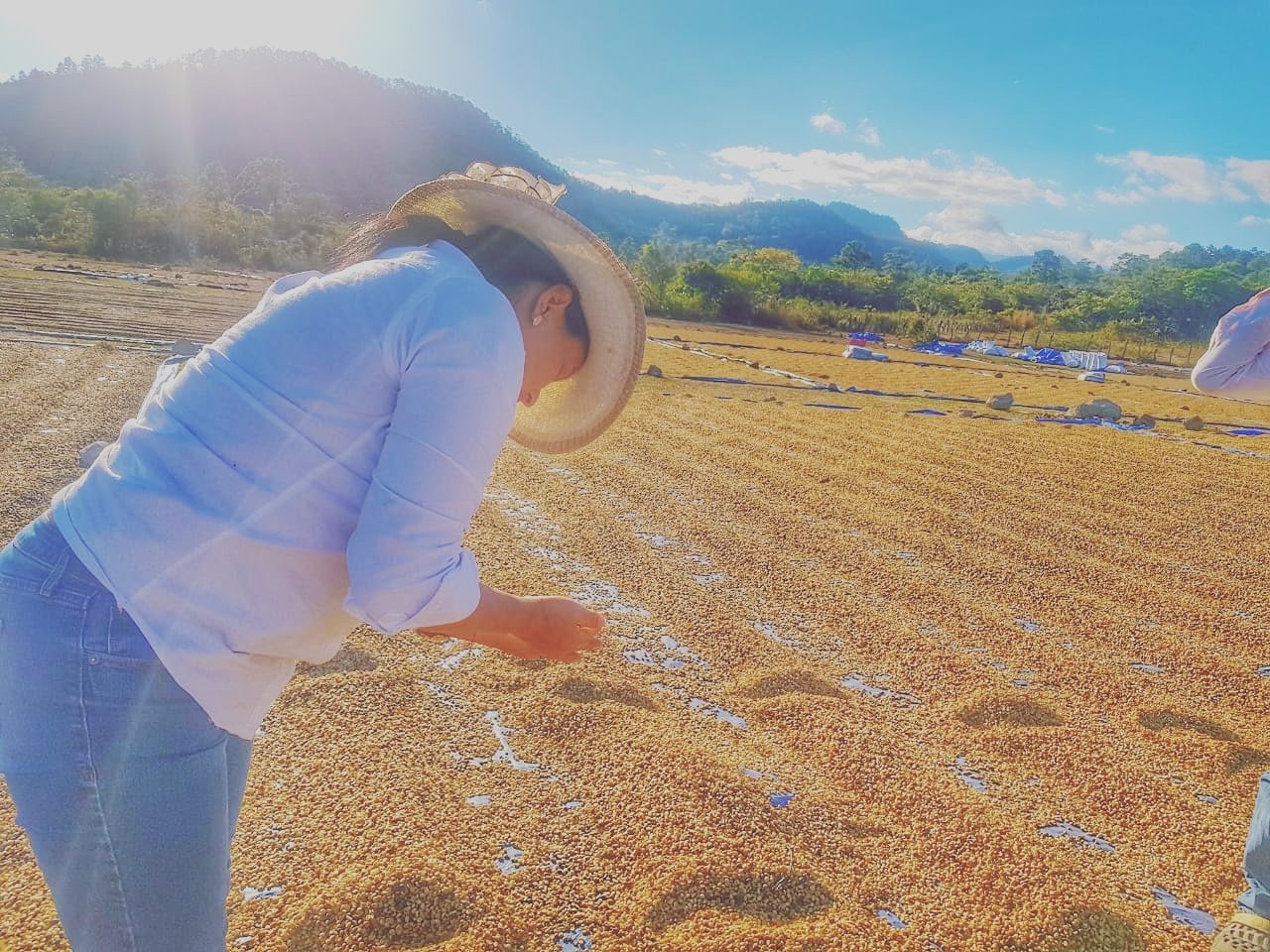
Upcoming Events
Upcoming Events

Let's Make Micro-Finance, Macro-Accessible

Starbucks Reserve Baristas Connect with IWCA
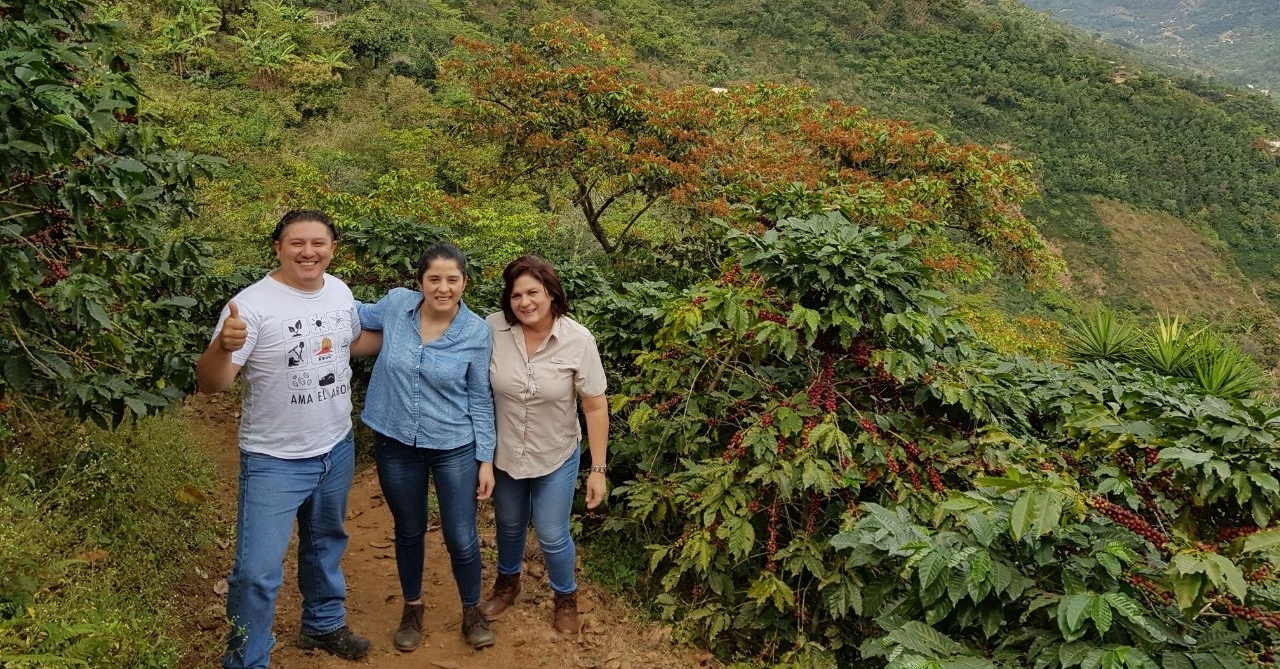
Anapaula Pérez Castillo: Woman of Coffee Excellence

IWCA Chapter Member Coffees Now Available

IWCA Uganda Chapter Sets a Transformative Agenda

IWCA Research Alliance Updates

IWCA @ World of Coffee
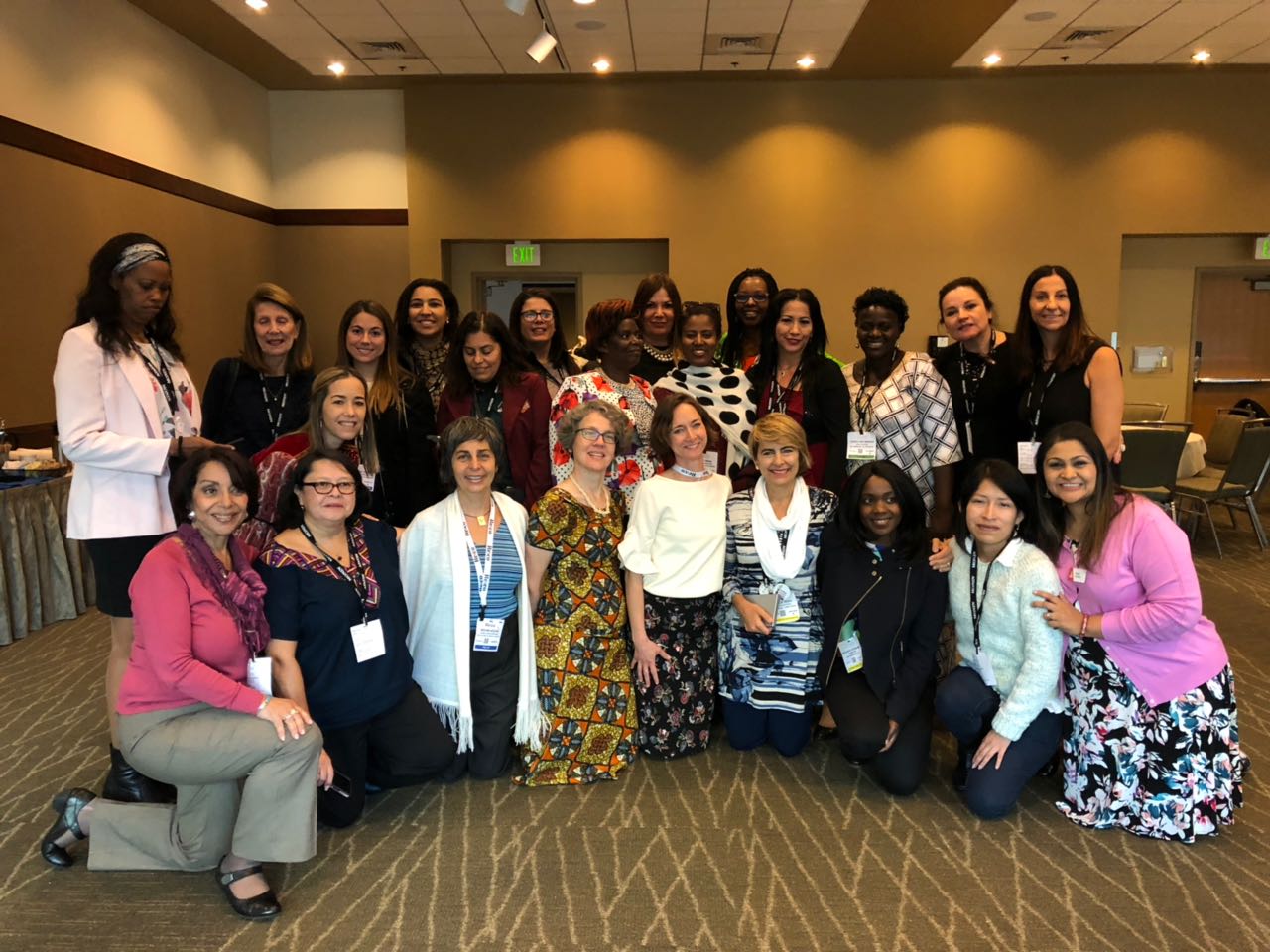
Reflect, Reconnect, Learn & Inspire
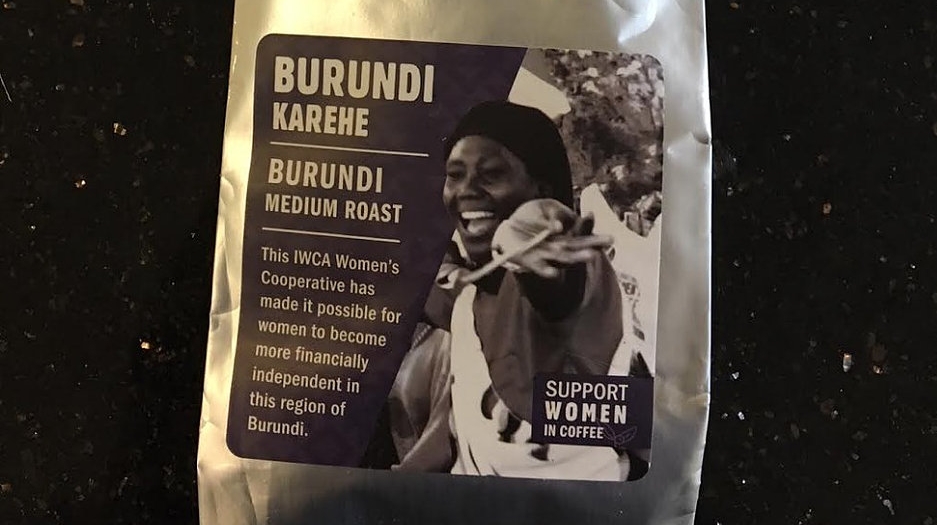
IWCA Burundi Coffees at Nordstrom
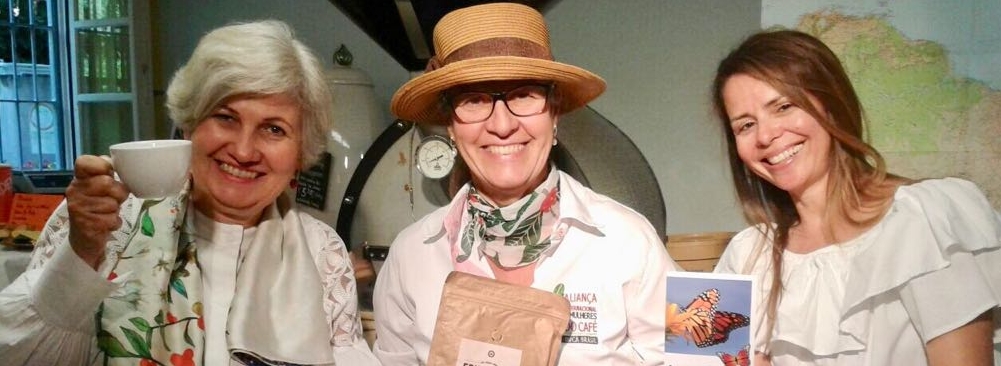
Making Global Coffee Connections for Peace
Josiane Cotrim (left), Julenia Lopes (center), Alexandra Magalhaes Zeiner (right)

Engage With IWCA at the SCA Expo in Seattle

#womenincoffee #PressforProgress

IWCA Community Events: Making It Happen!

Partnership in Rwanda focuses on 100% Women

2017: Oh! What a year!

#IWCAGivingTuesday: Help Empower Women In Coffee

The Power of Women in Coffee

2017 IWCA Leadership Summit and Convention Recap

The Difference Your Support for the IWCA Scholarship fund can make...
